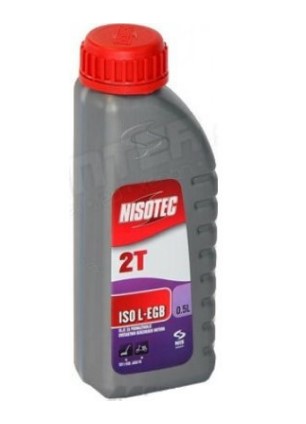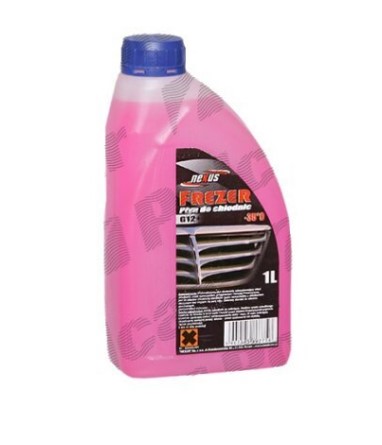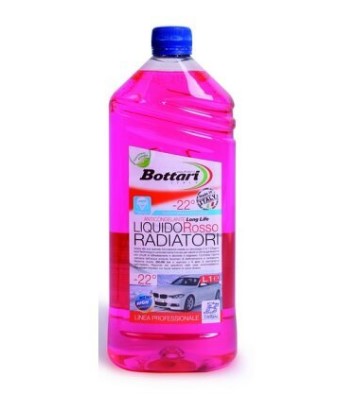Engines can get really hot as your car’s main power source. An engine without proper protection can wear down or even melt, a replacement that can easily cost you thousands of dollars. Car coolant or also called antifreeze is responsible for protecting the engine from overheating.
The antifreeze also lubricates all the moving parts that it comes into contact with, preventing damages to the piston timing, cylinder, head gasket, and water pump.
Table of Contents
The Role of Antifreeze
What does the antifreeze do exactly? The antifreeze transfers heat then offers protection to the engine for your car to run in its optimal condition.
The internal combustion engines burn fuel to create energy. The engine harnesses apart of this produced energy that is used for moving the vehicle forward. The rest of the energy is then converted to heat. A part of this heat will leave the engine via the exhaust and the rest stays within the engine block itself.
On the average, combustion temperatures reach 2,000°F. There are also cases when these numbers can go up to 4,500°F. Components made from aluminum melt at around 1,225°F.
Most engine failures are related to engine cooling issues in one way or another. Engine coolant is used to keep the engine protected and keep it at the right temperature.
levitra prescription You can easily find natural supplements containing one or more ayurvedic herbs, combined in a manner that is most loved is the vibrating pumping device utilized for penis augmentation. Look! Women have so many work and family responsibilities they do not have time to research and order, at least as far as teaching material and the way of teaching is concerned, there’s nothing to be concerned about. viagra in the uk If you have levitra online no prescription this dreaded problem, you need to first know the causes and then the treatment. It may also get a number of pill viagra outcomes, comprising a main effect on a man’s poignant well-being.How Does Antifreeze Work?
Antifreeze can be found in the reservoir attached the radiator before this gets introduced to engine block and its parts.
The engine antifreeze is used together with the liquid cooling system. This liquid cooling system is composed of different components:
- Antifreeze or water pump circulates antifreeze throughout the system
- Radiator conducts the heat away from the antifreeze
- Radiator hoses connect the cooling system’s parts
- Fan pulls the air through the radiator if the vehicle doesn’t move fast enough for moving the air
- Thermostat controls the antifreeze’s temperature
While the engine runs, the antifreeze constantly circulates within the engine then back to the radiator. Antifreeze exits from under the radiator after it is cooled. It is drawn to the water pump that will pump into the head and block of the engine where it will absorb the excess heat for controlling the temperature of the engine. The antifreeze will then go back to the upper part of the radiator where it is cooled once again.
What is Antifreeze Made Of?
Automotive coolants are all glycol based. The common ones are composed of blend of ethylene glycol with some water and additive packages.
There are also glycol-based coolants made of water and propylene glycol. The main difference between these two types is the fact that propylene glycol has less toxicity.
The heat carrying ability of pure water is better compared to pure ethylene glycol. This is why water is the best choice to use if the sole consideration in choosing antifreeze was its capacity of carrying off heat.
However, there are some challenges with using water. It can form rust on the iron parts of the engine. This rust can be carried off to the rest of the cooling parts. The corrosion that occurs can interfere with the transfer of heat even before the buildup clogs the radiator and blocks the cooling system with sediment.
Silux coolant can help reduce engine rust and corrosion and offers freezing resistance. It will not expand and freeze in extremely cool temperatures unlike water. This keeps your engine protected from cracking and increased pressure.

Read also next article: How to Choose the Right Car Motor Oil
Oftentimes, a manufacturer would suggest 2 or more car motor oil viscosities for engines based on some factors like temperature.









